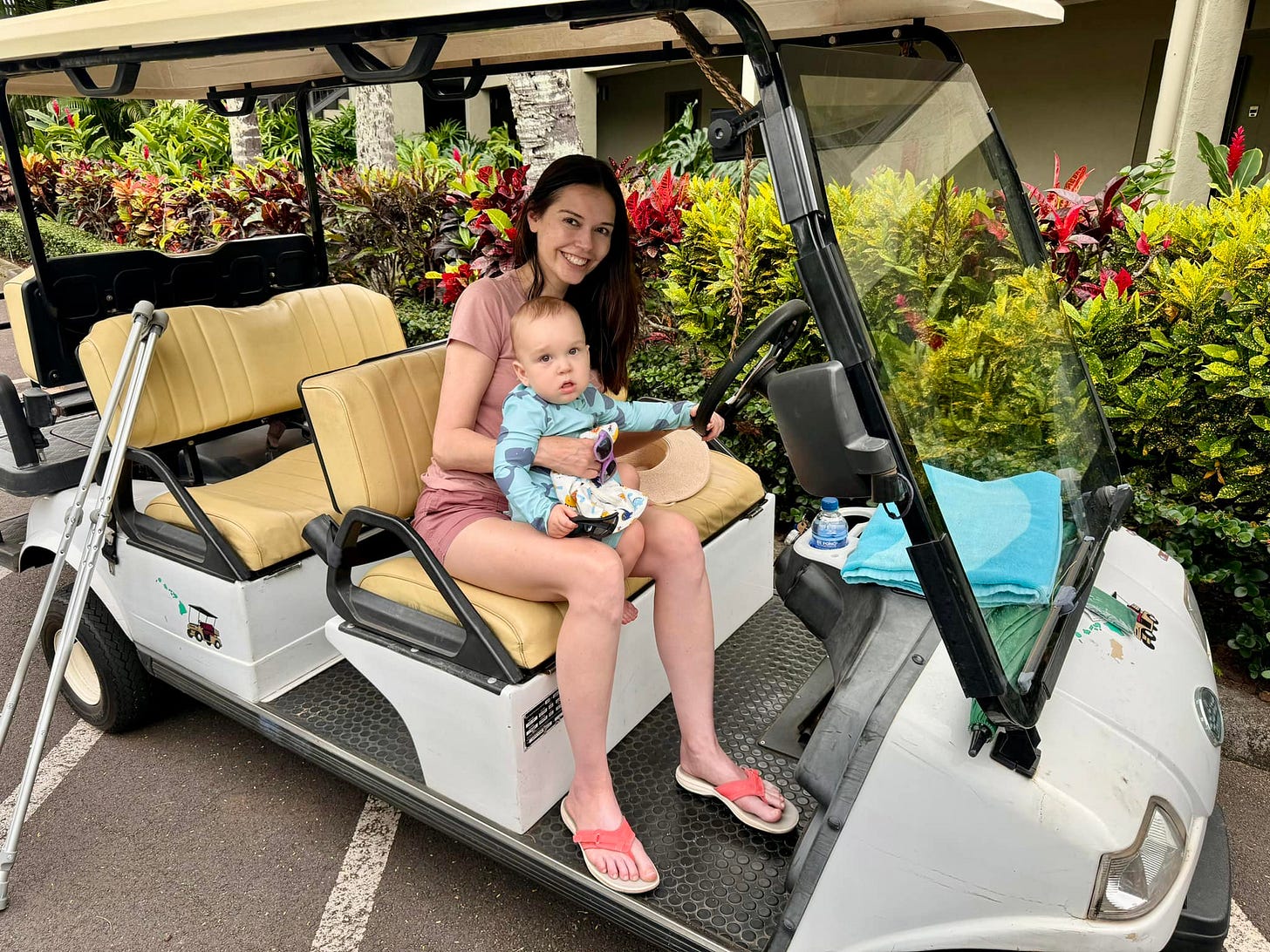Need eye doctors, aging experts, audiologists, geriatricians & more for a cover story
Lots of experts needed for this one!
Hope everyone had an amazing Thanksgiving. I’m on Maui right now with the family (and a broken toe — broke it the day before the trip so it’s been interesting. Lots of golf cart rides and resting). Taking a quick break from all the Aloha to source for a big boy cover story I still need lots of folks on for AARP.
Our sense as we age: As we get older, our sight, smell/taste, hearing, sense of touch change. This is due to normal changes in the body that happen as we get older – i.e. because of reduced circulation to nerve endings and tissue volume loss in skin, your sense of touch declines as you age. The lens in the eye can become less flexible, causing up close vision to suffer. Structural changes in the ears and years of loud noises lead to hearing loss, etc.
All of these can cause us to want to withdraw from certain aspects of the world, affecting our social lives (we don’t want to get behind the wheel and drive at night due to vision loss, our fingers may be drier, which can make using technology to keep in touch like tablets more difficult, we may be embarrassed about not being able to hear friends when they talk as well), diet (we don’t find eating to be as enjoyable), etc.
Looking for some experts to weigh in on our senses (vision, touch, taste, hearing, smells) as they pertain to ages 50+. 60+ and 70 and beyond:
What changes occur with each senses and why - the science behind this
Proactive steps to take to ward these changes off (regular eye exams, staying hydrated, does doing things like photography and art and things that require your eyes to focus help strengthen your visual acuity? Some say yes, taking breaks from screens, eating certain foods, exercise, maintaining a healthy blood pressure, etc…)
What aspects of life these loss of senses can impact - bringing in voices of actual people ages 50 and up who have been dealing with these losses of senses and weigh in on how they affect them, they’ll also share some of their best coping strategies
What can we do about it: Some of these changes in senses can be reversed, others can be modified or made more manageable with certain therapies - will do a deep dive into creative as well as routine things people can do to try and improve some of these senses
Also need some folks to weigh in on what is the sixth sense?
Will need to connect with:
Ophthalmologists and optometrists: For the latest research on presbyopia, cataracts, and macular degeneration.
Audiologists and hearing specialists: For insights on presbycusis, tinnitus, and hearing aid advancements.
Geriatricians and neurologists: For broader aging-related sensory changes.
Dietitians: For research on foods that support sensory health.
Psychologists: To address how sensory changes impact mental health and cognition.
Aging experts and organizations: National Institute on Aging (NIA), AARP, American Academy of Ophthalmology, American Speech-Language-Hearing Association (ASHA).
I cannot mention experts tied to brands or products for this one. Also looking for folks with degrees who are experts in their fields.
Please send potential sources to: NCPajer@gmail.com
Mahalo!




Hope the healing powers of Maui help your toe recover ASAP! Hope you had a wonderful Thanksgiving!